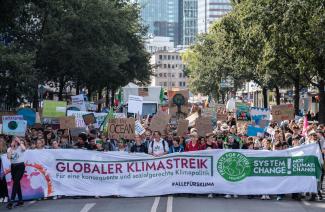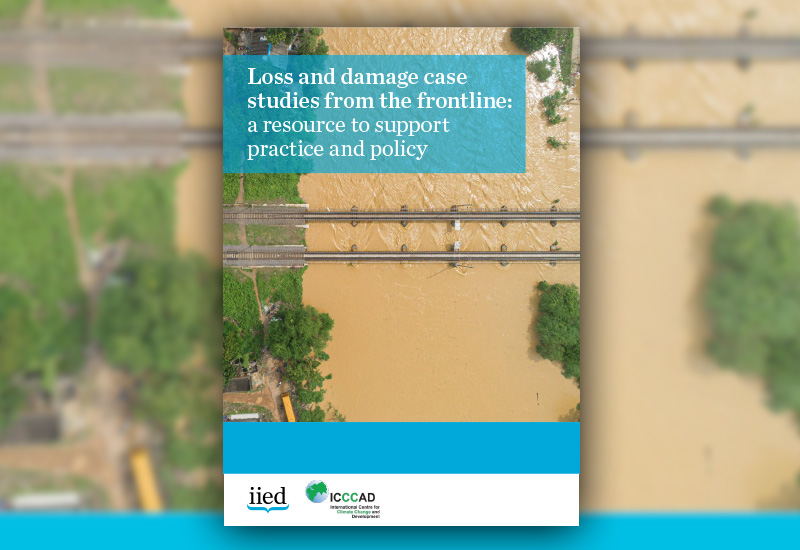Global heating
Researchers' overwhelming evidence

Indeed, the research evidence is absolutely overwhelming. The scientific consensus is that emissions caused by human activity are heating the planet and that the consequences will be devastating. Probably the most important reports are published by the Intergovernmental Panel on Climate Change (IPCC). It regularly surveys scientific publications and compiles the evidence.
Last week, the IPCC launched its “Special Report on the Ocean and Cryosphere in a Changing Climate” . Here is the brief summary that Brian Resnick wrote for www.vox.com:
“'Over the 21st century, the ocean is projected to transition to unprecedented conditions,' the report warns. The ocean will be warmer, more acidic, hold less oxygen, and be more greatly stratified (i.e. the top and bottom layers won’t mix as much). Ocean heat waves are growing more common, and it’s likely more extreme El Niño and La Niña systems will form, leading to more extreme weather around the globe. All of these changes make the ocean less hospitable for many forms of life and more dangerous for human societies. Meanwhile, the two largest ice sheets on Earth — the Greenland ice sheet and the Antarctic ice sheet — are losing mass at an accelerating rate. That, in turn, is causing oceans to rise at an accelerating rate. A lot of these changes — both in the cryosphere and in the oceans — the report warns, will not be reversed if global emissions are halted. Some of the damage is already done. But the report underscores how we’re not powerless to avoid the worst-case scenario. All of the changes to our oceans and ice will be much worse if we do not reduce emissions.”
IPCC reports are meant to be policy-relevant, but not policy-prescriptive. The panel was created in the late 1980s and now works on behalf of 195 governments. Scientists from around the world volunteer to assess thousands of research papers that are published annually. IPCC documents thus convey up-to-date information on what is known about the drivers of climate change, its impacts and future risks, and how adaptation and mitigation can reduce those risks.
As the scientific evidence keeps becoming ever clearer (and more frightening), the IPCC is publishing more reports. In August, it launched a report concerning land-use. In October last year, it issued a paper on why it is becoming increasingly hard for humankind to limit global heating to 1.5 degrees.
The IPCC, however, is not the only international agency concerned with these issues. In 2012, another one was set up to focus on biodiversity and ecosystem services. A few months ago the IPBES (Intergovernmental Science-Policy Platform on Biodiversity and Ecosystem Services) launched a report that spelled out how pesticide use and climate change are driving pollinators towards extinction and thus undermining food security.
Greta Thunberg famously started her personal school strike on Fridays in Stockholm before these papers were published. But even then, it was science evidence that was frightening her. She has inspired millions of teenagers around the world, and this month some 4 million people are estimated to have rallied around the world on 20 September. In many places, scientists addressed those rallies. The idea that the young generation is simply paranoid is uninformed. The scientists researching these issues are at least as worried.














